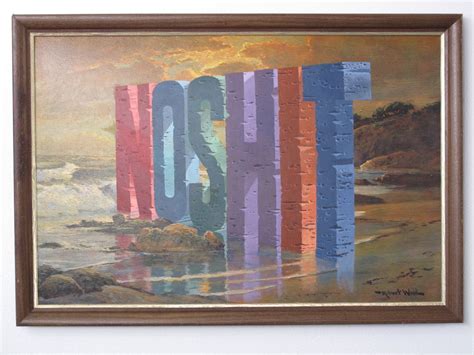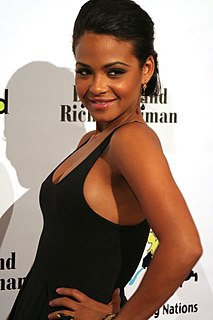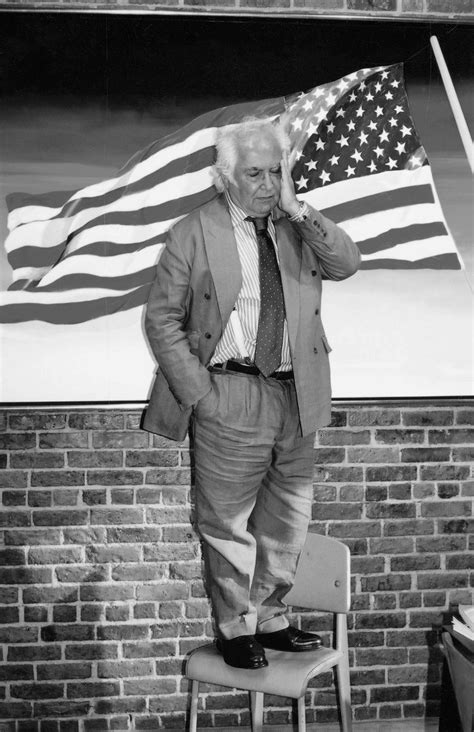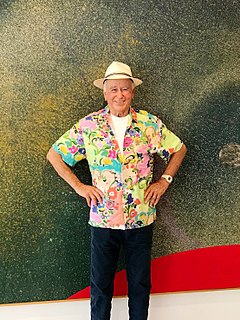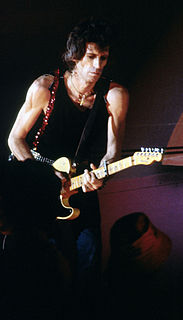A Quote by Wayne White
As far as I'm concerned, there is no line between high art and pop art, and there should be no line.
Related Quotes
'We Are Pop Culture' is my clothing line for women that started with just T-shirts. The clothing line is urban street wear. It's for women that feel confident in their own skin and want to express themselves. The whole idea is to play with modern pop culture and previous pop culture using art and sayings.
By the late '50s, something was happening in England, and it got to be quite exciting. The music world then started to explode with the Beatles and the Rolling Stones. It was an incredible time with this mixture of independence in art, fashion, and the explosion of the pop sensibility. London was certainly at the center of it all for a few years. And as far as art is concerned, I think that sensibility of what was later called Pop art started in England even before America. And so I was lucky to be there.
There are so many different ways to talk and think about art. We just spoke about when attitude becomes form. But when I was a kid, I had these two art teachers, a couple, who were continuing a line of very classical, atelier art training, and they instilled in me a sensitivity to all the classical verities of line, shape, color, texture, and composition, which is only engaging if you're making two-dimensional objects.
My work sanitizes it (emotion) but it is also symbolic of commercial art sanitizing human feelings. I think it can be read that way.... People mistake the character of line for the character of art. But it's really the position of line that's important, or the position of anything, any contrast, not the character of it.
I never understood the low art/high art distinction. I think there's real currency in pop culture. We read trashy magazines as much as the next person. So I never saw the point in listening to only one thing. That low art/high art distinction comes from the establishment telling me how I'm supposed to think.
In Islam there is a line between let's say freedom and the line which is then transgressed into immorality and irresponsibility and I think as far as this writer is concerned, unfortunately, he has been irresponsible with his freedom of speech. Salman Rushdie or indeed any writer who abuses the prophet, or indeed any prophet, under Islamic law, the sentence for that is actually death. It's got to be seen as a deterrent, so that other people should not commit the same mistake again.
Some people flinch when you talk about art in the context of the needs of society thinking you are introducing something far too common for a discussion of art. Why should art have a purpose and a use? Art shouldn't be concerned with purpose and reason and need, they say. These are improper. But from the very beginning, it seems to me, stories have indeed been meant to be enjoyed, to appeal to that part of us which enjoys good form and good shape and good sound.
